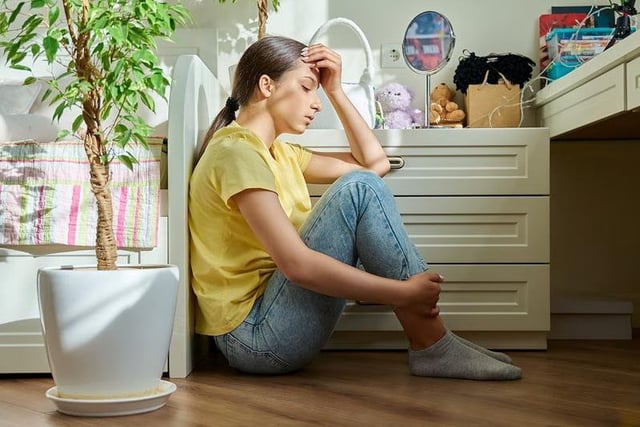Overview
- The randomized clinical trial, published in JAMA Network Open, assigned 71 adults with major depression to active high-definition tDCS or sham for 20 minutes a day over 12 working days.
- Significant symptom improvement emerged by day six in the active group, outpacing timelines typical of medication or psychotherapy.
- Average depression scores fell by nearly eight points with HD‑tDCS versus about six with sham, and remission was more common with stimulation (39.5% vs 13.3%).
- The tailored method uses smaller electrodes and neuroimaging-guided targeting and produced only mild side effects such as skin redness or a burning sensation.
- Benefits persisted at two and four weeks post-treatment, but the therapy is not FDA‑approved and the study’s limits include small size, untested medication interactions, and lack of validated personalization or maintenance protocols.

